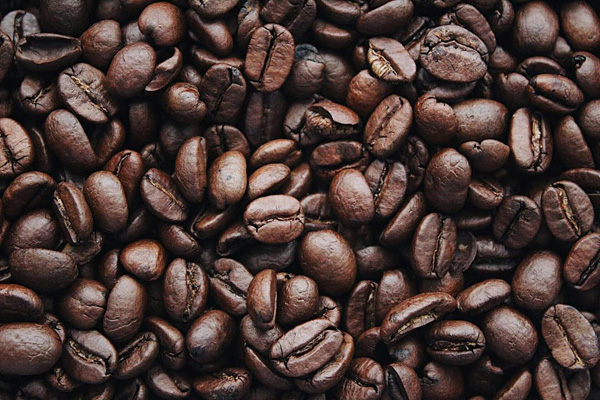Caffeine consumption caused the death of a woman

[Coffee Beans. Photo Credit to pexels]
Katie Donnell, a 28-year-old teacher and fitness enthusiast from Florida, died of sudden cardiac arrest in August 2021 after years of consuming high doses of caffeine through energy drinks and workout supplements.
Her family believes her consumption of multiple energy drinks daily and frequent use of pre-workout supplements contributed to her sudden heart failure.
Medical professionals note her case is not isolated.
In recent years, emergency rooms have reported an increase in caffeine-related health emergencies, particularly among young adults consuming large quantities of energy drinks.
Though often regarded as harmless, caffeine in high doses can have serious, and even deadly effects.
The U.S. Food and Drug Administration (FDA) recommends a maximum daily limit of 400 milligrams of caffeine, which is equivalent to about four cups of coffee.
However, many energy drinks contain between 200 and 300 milligrams per can.
Drinking just a few within a short span can easily exceed the recommended limit.
High doses of caffeine may lead to symptoms such as elevated heart rate, high blood pressure, and irregular heart rhythms.
In extreme cases, these effects can lead to sudden cardiac arrest, even in individuals without prior heart conditions.
The risk increases when caffeine is ingested prior to intense physical activity, as the combined strain of stimulants and strenuous exercise puts additional stress on the heart.
Another overlooked danger is individual caffeine sensitivity.
Some people metabolize caffeine more slowly due to genetic differences, meaning that even seemingly moderate consumption can produce harmful effects.
Genetic factors, pre-existing heart conditions, and lifestyle choices can also play a role in how caffeine impacts each person’s body.
Unfortunately, many do not realize they are at risk until it is too late.
The danger posed by energy drinks extends beyond caffeine.
Many of these beverages contain additional stimulants, such as taurine and guarana, which can amplify caffeine’s effects.
They are also frequently loaded with sugar, contributing to long-term health risks like obesity and diabetes.
Despite growing concerns, energy drinks remain easily accessible and are aggressively marketed toward young people.
Many consumers are unaware of their total caffeine intake, especially when combining energy drinks with coffee or dietary supplements.
A lack of regulation in labeling also makes it difficult to track total intake, increasing the risk of overconsumption.
Unlike traditional caffeinated beverages like coffee and tea, energy drinks are often consumed quickly rather than sipped over time.
This leads to a rapid spike in caffeine levels, making it more likely to cause negative side effects such as jitters, nausea, and heart palpitations.
Some studies suggest that mixing energy drinks with alcohol may increase the likelihood of heart complications.
Health professionals urge individuals to limit their energy drink intake, particularly before exercise, and warn against combining caffeine with other stimulants.
Recognizing early warning signs such as heart palpitations, dizziness, or chest pain could be crucial in preventing life-threatening outcomes.
Experts also point to safer ways of maintaining energy, such as staying hydrated, eating a balanced diet, and getting adequate sleep.
As the number of caffeine-related health incidents grows, public health advocates are calling for more education around the potential dangers.
They suggest that schools, gyms, and workplaces can play an important role in spreading awareness about safe consumption limits.
Increased understanding of the risks associated with excessive caffeine use could help prevent tragedies like Katie Donnell’s and motivate more cautious consumption habits.

- Steven Chanoh Bang / Grade 11
- Institut Le Rosey

![THE HERALD STUDENT REPORTERS [US]](/assets/images/logo_student_us.png)
![THE HERALD STUDENT REPORTERS [Canada]](/assets/images/logo_student_ca.png)
